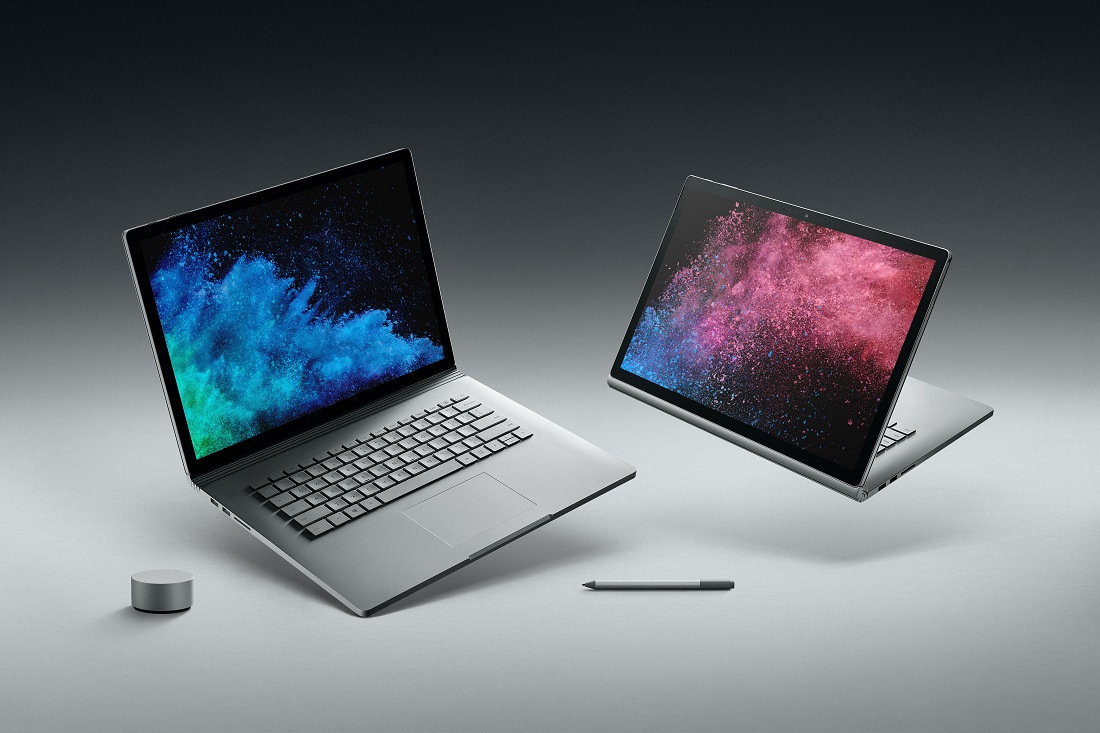Microsoft has definitively outlined which of its older Surface devices, initially equipped with Windows 10, are ineligible for an upgrade to Windows 11, a critical clarification as the October 14 end-of-support deadline for Windows 10 rapidly approaches.
The list of devices detailed on an updated Microsoft Support page, comes less than six months before Windows 10 support ceases. For users with these incompatible Surface machines, Microsoft’s primary recommendation is an upgrade to new hardware, specifically its Copilot+ Surface PCs.
Older Surface Models Lack TPM 2.0
The core reason many older Surface models cannot transition to Windows 11 lies in the operating system’s stringent hardware prerequisites, particularly the requirement for a Trusted Plattformmodul (TPM) 2.0. Microsoft has consistently maintained this is crucial for enhanced security, with Steven Hosking, a Senior Product Manager at Microsoft, previously stating that “TPM 2.0 is a necessity for a secure and future-proof Windows 11″.

This hardware hurdle is significant given that Windows 10 still commanded a substantial market share of over 60% in early 2025, according to data from Statcounter. The free upgrade option to Windows 11 is also ending around the Windows 10 EOL date, as Microsoft informed in early 2025.
Beyond the operating system itself, Microsoft has also stated that “Microsoft 365 Apps will no longer be supported after October 14, 2025, on Windows 10 devices.”The company says that “to use Microsoft 365 Applications on your device, you will need to upgrade to Windows 11″, further pressuring users to migrate.
While Microsoft Support assures users that their Windows 10 PCs will continue to function post-deadline, they strongly recommend to upgrade to Windows 11, as these devices will no longer receive vital security updates, software fixes, or technical assistance from the company.
The Ineligible List And User Alternatives
The official list from Microsoft Support confirms several Surface models will not receive the Windows 11 upgrade. These include the first-generation Surface Book, Surface Book 2 units with the 7th Gen Intel Core i5-7300U processor, the original Surface Go, and the first-generation Surface Laptop.
Additionally, the Surface Pro (1st Gen), Surface Pro 2, Surface Pro 3, Surface Pro 4, Surface Pro (5th Gen), and the original Surface Studio are also on the incompatible roster.
For those affected, Microsoft is promoting its new Surface Copilot+ PCs, such as the new Surface Pro (12-inch) and Surface Laptop (13-inch) models, which feature Snapdragon X Plus processors with integrated NPUs for on-device AI processing.
Kedar Kondap of Qualcomm expressed excitement about this partnership. Für Benutzer, die nicht bereit sind, neue Hardware zu erwerben, bietet Microsoft bezahlte erweiterte Sicherheitsupdates (ESUs) an. The consumer ESU program will be a one-year option for $30, as confirmed by Microsoft.
For Unternehmen, das ESU-Programm ist mehr abgestimmt und kostet für das erste Jahr 61 US-Dollar pro Gerät. Dieser Preis verdoppelt sich maximal drei Jahre lang, so dass ZDNET Das Dreijahres Total AT 427 PRC. Es ist entscheidend, dass diese Esus kumulativ sind und nur Sicherheitspatches, nicht neue Funktionen oder allgemeine Unterstützung abdecken. target=”_ leer”> Installieren von Linux auf einem Oberflächenlaptop und der “lankes”>”lanking von 10-by-by-installing-linux/”_”_ lankar”Leitlinien. Laptop 4 und der Oberflächenlaptop gehen. Microsoft erklärt, dass „diese Geräte mit installierten Windows 10 ausgestattet sind, aber auch mit Windows 11 kompatibel sind. Microsoft schlägt auch vor, die -Pc-Haltung zu gewährleisten. met. 2021, um bestimmte Intel Core X-Series, Xeon W-Series und bestimmte Intel Core 7820HQ-Modelle einzubeziehen, die mit modernen DCH-Treibern ausgeliefert wurden, wie von Windows-Blogs ausführlich. 10 Abgeschlossen mit Version 22H2 im April 2023 und verwandelte das ältere Betriebssystem in eine Phase nur für Sicherheit, die nur für Sicherheitsgröße ist. Die Betonung der Sicherheit von Windows 11, die von Technologien wie TPM 2.0 und Virtualisierungsbasierter Sicherheit (VBS) untermauert wurde, ist seit Ende 2021 eine konsistente Nachricht von Microsoft. Die Free Software Foundation (FSF) war ein Gesangsgegner, der argumentiert, dass sie E-Abfall fördert und die Benutzerautonomie einschränkt, wodurch sich GNU/Linux als Alternative einsetzt. Trotz dieser Bedenken und einer etwas langsameren Windows 11-Adoptionsrate drängt Microsoft weiterhin auf sein neueres Betriebssystem zu, das kürzlich Windows 11 und Copilot+ PCs mit mehr KI-Funktionen infundiert. Wenn Funktionen oder Produkte storniert oder verschoben werden.